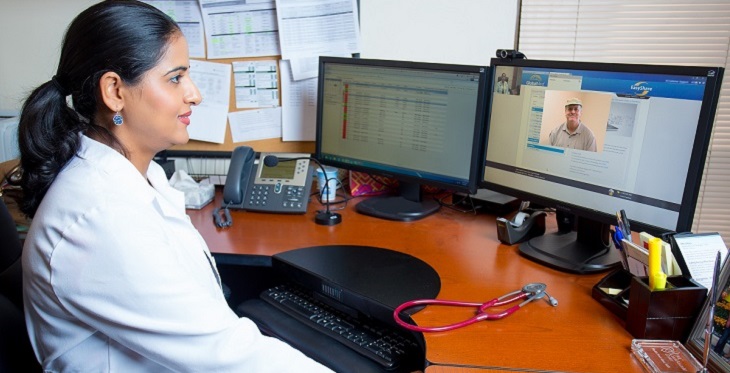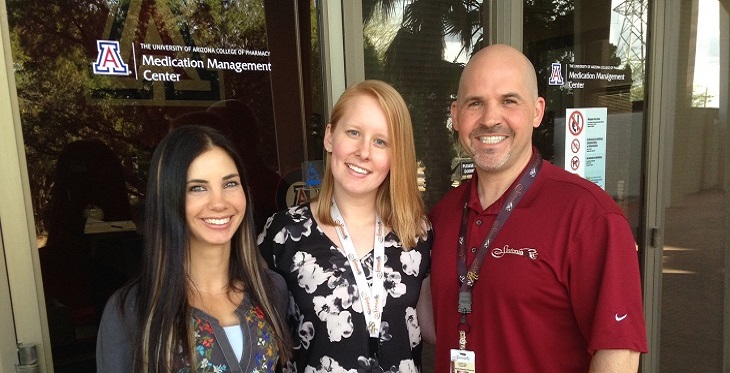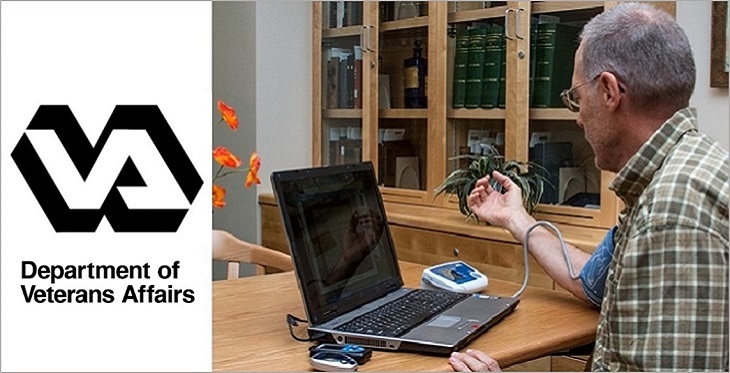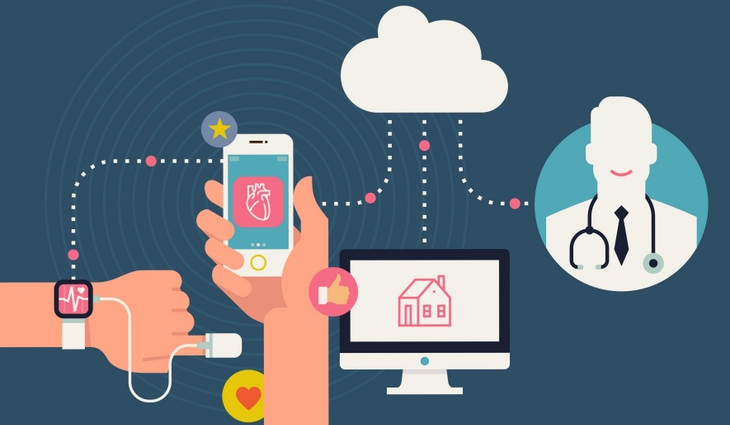When endocrinologist Shubh Kaur, MD, was first approached to consider telehealth visits with patients in the Douglas and Safford areas, she was immediately intrigued.
It seemed an appropriate solution for patients whose zip codes made it difficult to get specialty care without a lengthy drive.
But she was also new to the technology. “I had an open mind about what the interaction would be like, but I was very interested in the question of patient experience, and whether it would be effective in building relationships.”




